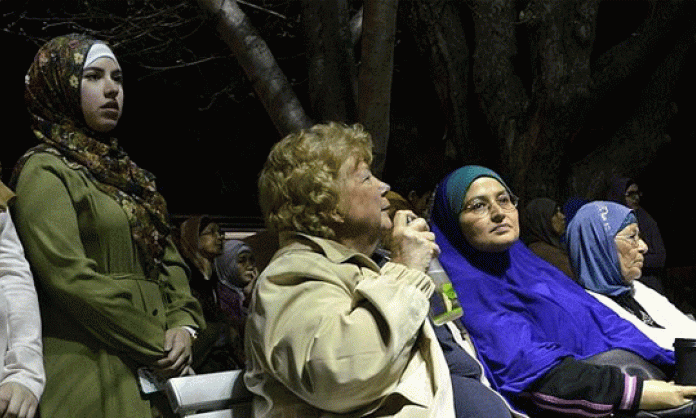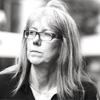Vox pops in the wake of last week’s police raids have yielded the predictable “you don’t have anything to fear if you have done nothing wrong” responses. But the actual use of so-called anti-terrorism laws shows that you do.
Take the case of UNSW medical student Izhar Ul-Haque. ASIO picked him up at Blacktown station on 6 November 2003 while 25 ASIO agents searched his family home. He was questioned until 3.45am the following morning. It took four years for the case against him finally to be dismissed. In the meantime, he had been intimidated, falsely imprisoned and kidnapped.
The end of Ul-Haque’s nightmare came just a few months after a terrorism charge against Dr Mohammed Haneef was dropped. Haneef was arrested under anti-terrorism legislation in 2007. ASIO, the Australian Federal Police and the commonwealth director of public prosecutions claimed he was linked to an attempted attack on Glasgow airport.
Haneef was held without charge for 12 days, and then charged with the offence of recklessly providing support to a terrorist organisation. He had given an almost expired SIM card to a relative when he left Britain to come to Australia. The “basis” for the case was that this SIM card had been found in a jeep that had been driven into the airport. This was wrong. The SIM was in fact found in the Liverpool home of the relative to whom Haneef had given it.
Innocence didn’t save Haneef from the Australian state. A magistrate granted bail on 16 July, so immigration minister Kevin Andrews cancelled his 457 work visa, claiming he failed the character test, thus preventing his release from custody. Haneef remained in detention for a further two weeks while the criminal proceedings against him continued. It was not until 27 August that the charge was withdrawn. He left Australia the following day.
No attempt was made by the Australian authorities to correct the original story. Instead, they ignored evidence that he was innocent.
As in today’s scare, the media went mad. The AFP and ASIO selectively leaked information to journalists from the start of the case. As lawyer Stephen Keim put it, “There has been a campaign of selective leaks against my client and these leaks have appeared at least in the Daily Telegraph and in the Australian. As far as I know, no cabinet minister has expressed any concern about those leaks, or the impact that those leaks would have on the fair trial of my client.”
On the other hand, when Keim leaked material that showed what ASIO had done to Haneef, it was removed from the Australian’s website after a few hours, under pressure from the government.
University of Wollongong academic Mark Rix summed up the case of the innocent Haneef as demonstrating that “Australia’s counter-terrorism strategy can so adversely affect the human and legal rights in effect of any individual going about their day-to-day business unmotivated by any intention to plan, prepare for, or conspire with others to commit, a terrorist act.” “Any Muslim individual” would make the statement much more accurate.
The biggest case under the current anti-terrorism laws took place from 2005 to 2008. In November 2005, 13 Muslim men were arrested in Melbourne and nine in Sydney and charged with terrorism offences.
When the arrests took place, the laws now in operation were about to be debated in parliament. Both state and federal governments said that an imminent terrorist attack had been thwarted.
Victorian ALP premier Steve Bracks claimed the arrests “probably disrupted the most serious preparation for a terrorist attack that we have seen in Australia”. No such attack was identified during the trial. Nonetheless, the Melbourne papers in particular manufactured stories that the Melbourne Cricket Ground or the Westgate Bridge were likely targets.
While no act or target was found, seven men were found guilty of being members of an unnamed terrorist organisation. In February 2009, justice Bongiorno handed down sentences totalling decades in prison on the basis that the group “encouraged and/or took some act towards the commission of a terrorist act some time in the future on an as yet undetermined target”. As Greg Barns, one of the defence lawyers in the Barwon 13 trial, said: “An organisation can be a terrorist organisation even if it has no terrorist act in mind.” What someone says and thinks can now be considered criminal.
Another four were acquitted, almost four years after they were arrested. During that time they had been subjected to high security Guantánamo Bay-like imprisonment, conditions it is impossible to imagine if the presumption of innocence had applied to them.
As the government attempts to further erode civil liberties using Islamophobia, we need to fight for the repeal of these laws.





